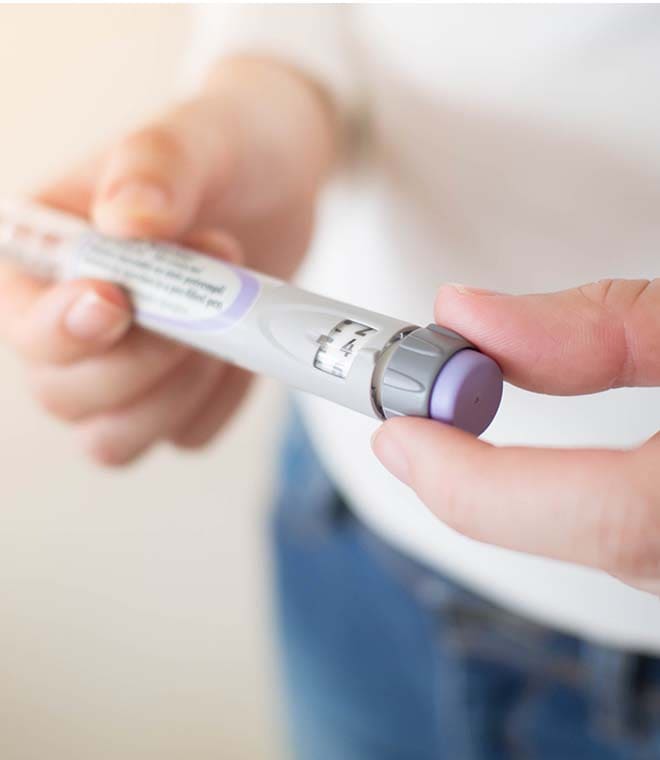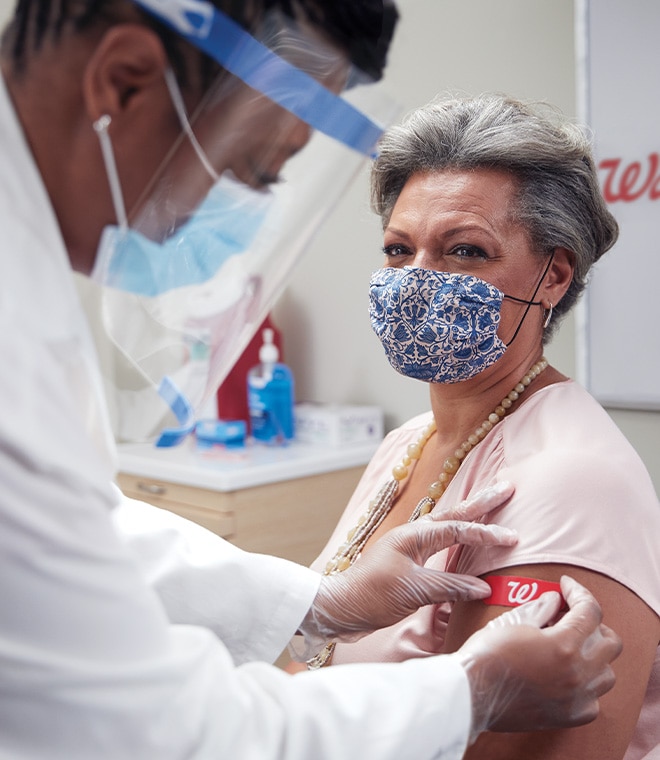Health
Medication adherence: Why it’s important and how Walgreens can help
By Emily Shafer, PharmD Dec 28, 2022 • 5 min
Out of the 3.8 billion prescriptions written every year, 1 in 5 is never filled and about half of those that are filled are taken incorrectly, according to the CDC.
Not taking your medication (called being nonadherent) could make your disease or condition worse, cause you to be hospitalized or even lead to death. Find out other ways missing your prescription could affect you, plus simple steps to help you stay on track.
What is adherence?
Medication adherence is when you take the correct amount of your medications at the correct frequency and time interval each day, as recommended by your healthcare provider or pharmacist. Nonadherence means the medication may not be taken at the right time, at the correct dose, at the right number of doses each day, or for the correct duration of time.
The costs of nonadherence
Nonadherence leads to poor outcomes, such as making a disease or condition worse. In the United States, not taking your medication correctly is estimated to cause about 125,000 deaths and at least 10% of hospitalizations every year.
Nonadherence is also very expensive. It increases the likelihood that you’ll need to see your healthcare provider again or go to the hospital. Over time, this leads to the insurance companies increasing copayment and deductibles, which means you’ll eventually likely pay more money out of your own pocket. Medication nonadherence has been estimated to cost the U.S. healthcare system between $100 billion and $289 billion annually. While filling the entire prescription and taking it exactly as prescribed costs more money up front, not taking your medicine as prescribed may end up costing you more in the long run.
Why nonadherence occurs
It’s not uncommon for people to simply forget to take their prescription or to pick up a refill. Some may have a hard time understanding when they should take the medication, especially when taking multiple medicines at different times of day. Others may have a difficult time paying for the medication, not understand how and when it is supposed to work, or how long their healthcare provider would like them to take the medication. Some people may also stop taking a prescription if they begin to feel better, if they feel like it’s not working or if they are experiencing side effects. Additional factors for nonadherence may include not being able to read and understand prescription labels or having cultural barriers that make it challenging to communicate with the healthcare team.
How we can help with adherence
This can all be overwhelming, but Walgreens is here to help. We have a number of programs to help you and your family fill, understand and stay adherent to your medications. From offering Save a Trip Refills®, where you can schedule a recurring pickup date for all your prescriptions, to receiving text alerts and refill reminders when it’s time to refill a medication, or providing 90-day supplies of chronic medications, Walgreens is committed to making prescription refills more convenient to support medication adherence.
The Walgreens App is also a great tool to help you fill and take your medications. You can log in to your personal account to see all of your prescription medications, refill them with the touch of a button and manage your auto refills. The Pill Reminder is very helpful for anyone who may have a hard time remembering to take their medications, especially if you have a complicated schedule to keep organized.
Our pharmacists are always available to answer your questions about your prescriptions, in our stores, on the phone or online through Pharmacy Chat, on the Walgreens App or website. Your pharmacist is a crucial part of your healthcare team and is ready to help you with all of your medication needs.
Published January 2020. Clinically reviewed and updated by Nancy Kupka, PhD, RN, December 2022.
Sources:
- https://www.fda.gov/drugs/special-features/why-you-need-take-your-medications-prescribed-or-instructed
- http://dx.doi.org/10.15585/mmwr.mm6645a2
- https://pubmed.ncbi.nlm.nih.gov/22964778/
- https://www.ncbi.nlm.nih.gov/pmc/articles/PMC3234383/
- Iuga AO, McGuire MJ. Adherence and health care costs. Risk Management and Healthcare Policy. 2014; 7:35-44. DOI: 10.2147/RMHP.S19801




